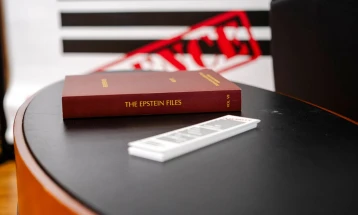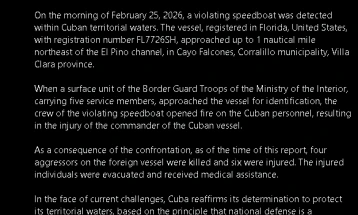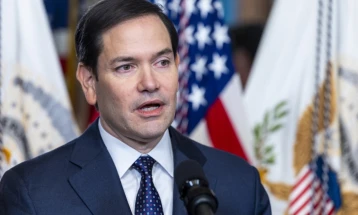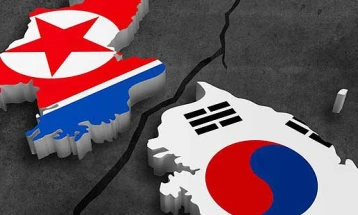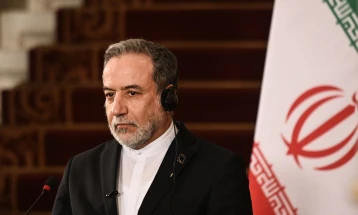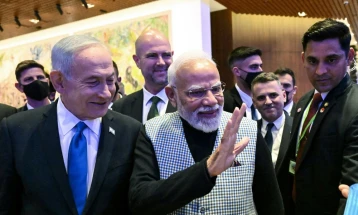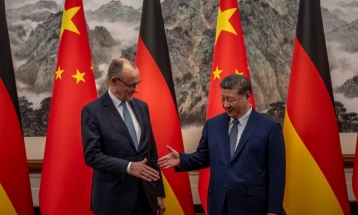EU to help Ukraine with new ammunition procurement procedure
- In view of Ukraine's great need for ammunition, the EU is working on a new procurement procedure, EU Foreign Affairs Commissioner Josep Borrell confirmed at the Munich Security Conference on Sunday.
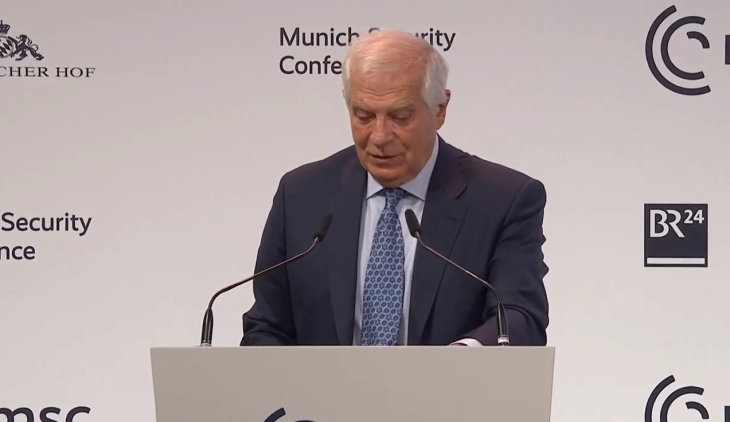
Munich, 19 February 2023 (dpa/MIA) —- In view of Ukraine's great need for ammunition, the EU is working on a new procurement procedure, EU Foreign Affairs Commissioner Josep Borrell confirmed at the Munich Security Conference on Sunday.
According to Estonian Prime Minister Kaja Kallas, the aim is to use a procedure similar to the one used to ensure the swift procurement of vaccines amid the coronavirus pandemic.
Kallas said EU states should make money available, which would then be used to award large contracts to the defence industry via the EU. The procedure could ensure that the industry can make the necessary investments to expand production.
"Russia is firing in a day the monthly European production of artillery shells," Kallas added, pointing out that the Russian defence industry was currently working in three shifts. In the EU, production capacities had to be expanded quickly. Without ammunition, Ukraine could not win the war.
"We are in war mode, urgent war mode," Borrell said. It is now a matter of reacting quickly, he said.
European Commission President Ursula von der Leyen had already advocated purchase guarantees for the arms industry at the security conference on Saturday. These could give companies the opportunity to invest more quickly in production lines and increase delivery volumes, she explained.
According to Kallas, the so-called European Peace Facility could also play a role. This is a financial instrument through which the EU already supports arms and equipment deliveries to Ukraine and training programmes for the armed forces. So far, €3.6 billion ($3.85 billion) have been released to support the Ukrainian armed forces.
Leaders were discussing the future security architecture of Europe on the final day of the Munich Security Conference, as the world prepares to mark the first anniversary of Russia's invasion of Ukraine.
Kiev Mayor Vitali Klitschko and the leader of the German Social Democratic Party (SPD), Lars Klingbeil, were set later on Sunday to weigh the consequences of the war launched by the Kremlin nearly a year ago.
Beyond the war, which has dominated the event, further areas of focus on Sunday include the situation in Israel, the Palestinian Territories and the Middle East, with former Israeli prime minister Ehud Olmert among those expected to attend.
